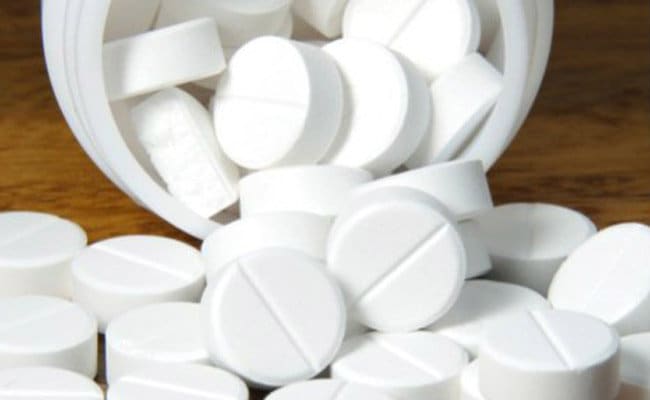
Cancer treatment may help control not only sepsis but also new and brutal assaults on human immunity. (Representation Image)
New York:
Tiny doses of a cancer drug may stop the raging, uncontrollable immune response to infection that leads to sepsis, say researchers.
A small dose of topoisomerase I (Top 1) inhibitor can dampen an acute inflammatory reaction to infection while still allowing the body's protective defense to take place, showed the findings published in the journal Science.
The treatment may help control not only sepsis but also new and brutal assaults on human immunity such as novel influenza strains and pandemics of Ebola and other singular infections, said the study's senior investigator, Ivan Marazzi, assistant professor at Icahn School of medicine at Mount Sinai in New York.
Sepsis -- deadly infections often acquired in hospital by patients with a weak immune system -- is caused by an excessive host response to infection, which in turn leads to multiple organ failure and death.
The team found that use of one to three doses of a Top 1 inhibitor that is one fiftieth the strength of normal chemotherapy was enough to rescue 70-90 per cent of mice from an inflammatory storm death due to either acute bacterial infection, liver failure, or virus-bacteria co-infection.
The treatment did not produce overt side effects.
They also tested the inhibitor in cells infected with influenza, Ebola, and other viral and bacterial microbes that over-stimulate the immune system, and found the drug blunted a dangerous immune reaction.
"Our results suggest that a therapy based on Top 1 inhibition could save millions of people affected by sepsis, pandemics, and many congenital deficiencies associated with acute inflammatory episodes -- what is known as a cytokine, or inflammatory, storm," Mr Marazzi said.
"These storms occur because the body does not know how to adjust the appropriate level of inflammation that is good enough to suppress an infection but doesn't harm the body itself," he said.
"This drug appears to offer that life-saving correction," Mr Marazzi explained.
A small dose of topoisomerase I (Top 1) inhibitor can dampen an acute inflammatory reaction to infection while still allowing the body's protective defense to take place, showed the findings published in the journal Science.
The treatment may help control not only sepsis but also new and brutal assaults on human immunity such as novel influenza strains and pandemics of Ebola and other singular infections, said the study's senior investigator, Ivan Marazzi, assistant professor at Icahn School of medicine at Mount Sinai in New York.
Sepsis -- deadly infections often acquired in hospital by patients with a weak immune system -- is caused by an excessive host response to infection, which in turn leads to multiple organ failure and death.
The team found that use of one to three doses of a Top 1 inhibitor that is one fiftieth the strength of normal chemotherapy was enough to rescue 70-90 per cent of mice from an inflammatory storm death due to either acute bacterial infection, liver failure, or virus-bacteria co-infection.
The treatment did not produce overt side effects.
They also tested the inhibitor in cells infected with influenza, Ebola, and other viral and bacterial microbes that over-stimulate the immune system, and found the drug blunted a dangerous immune reaction.
"Our results suggest that a therapy based on Top 1 inhibition could save millions of people affected by sepsis, pandemics, and many congenital deficiencies associated with acute inflammatory episodes -- what is known as a cytokine, or inflammatory, storm," Mr Marazzi said.
"These storms occur because the body does not know how to adjust the appropriate level of inflammation that is good enough to suppress an infection but doesn't harm the body itself," he said.
"This drug appears to offer that life-saving correction," Mr Marazzi explained.
Track Latest News Live on NDTV.com and get news updates from India and around the world

